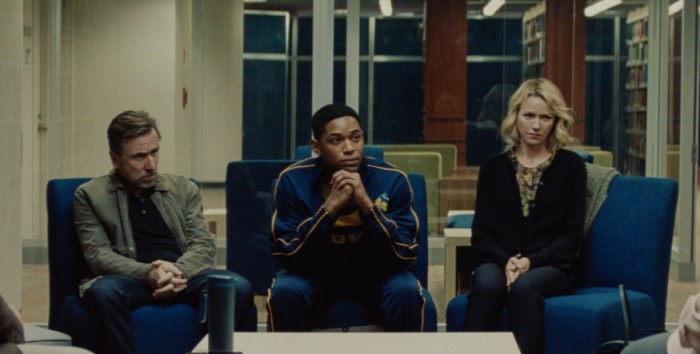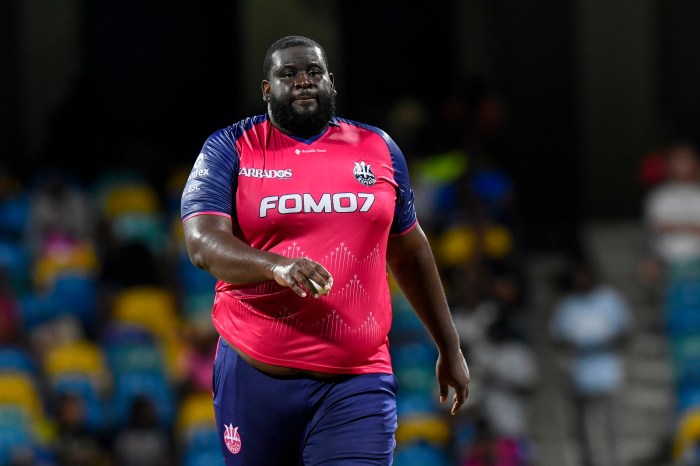Holding in a secret is a sensation that only the truly twisted actually enjoy. At least that’s my belief on the matter. With some of the best films, the subject matter and narrative choices create a reaction inside of you that causes your mental gears to power at full speed. You can’t help it, you just need to share your opinions with someone else who has witnessed what you just did. This could explain why it can be so hard to dodge spoilers on the internet for the most anticipated movies each year. With the recently released and provocative film “Luce,” I feel as though I had been waiting to unload my thoughts about the film’s larger themes with anyone familiar with it. As luck would have it, those people ended up being the film’s writer, J.C. Lee, and director, Julius Onah. I promise, there will be no spoilers.
The film, starring Octavia Spencer, Naomi Watts, Tim Roth and Kelvin Harrison Jr. as Luce, shines a light on the quickness that it takes many of us to assign blame to individuals before understanding every angle of their story. To delve into the discussion in his original play, Lee had created the title character as a perfect conversation starter around the subjects of racial profiling and privacy. Luce is a stellar athlete and student at his Arlington, Virginia, high school, as well as a son any parent could ever wish for. His story is nothing short of miraculous as he had grown up a child soldier in a war-torn country and adopted by his newfound family. But once his politics professor reads a troubling assignment he has handed in, suspicion from those around him begins to raise questions on whether or not he may pose a threat to the school and if they have the right to quickly cast him as a villain.
“I think that truth is not an objective thing,” says Lee about the central question around Luce’s innocence. “It is a thing that many of us have versions of and can all be accurate at the same time. I’m always interested in stories that pit one person’s truth against another and not judging which one ought to be the victor in the situation. I think that is real life. Real life is people testing their arguments against one another. And, more often than not, both arguments are correct. I think it’s left to us — as an audience, as a country, as a culture — to wrestle with the aftermath of that. I would say that if we as filmmakers offered you a pat solution of, ‘This is the person who gets the trophy and this is the person who goes to jail,’ I would say that we would be being disingenuous to the way that the world works. We were very interested in trying to make a film that represented the actual complexity of the world around these issues.”
Onah could not agree more with Lee’s assessment, and it’s part of the reason why he convinced him to turn his play into a film in the first place. He felt it was too important a story not to have in theaters at this current moment in our nation’s history.
“We’re in a very heated moment right now where identity is literally in the center of every conversation we’re having,” chimes in Onah. “When it comes to pop culture, when it comes to politics, when it comes to sports — whatever it may be, part of the conversation we’re having is, ‘Who gets to be human?’ From there, who gets to be ‘fully human’ and who gets access to the full spectrum of humanity? It feels to me, the work that needs to be done is work that happens on an individual basis for everybody. Because that truth constantly shifts. If there was a one-size-fits-all answer, we wouldn’t be having the debates that we’re having.”



















